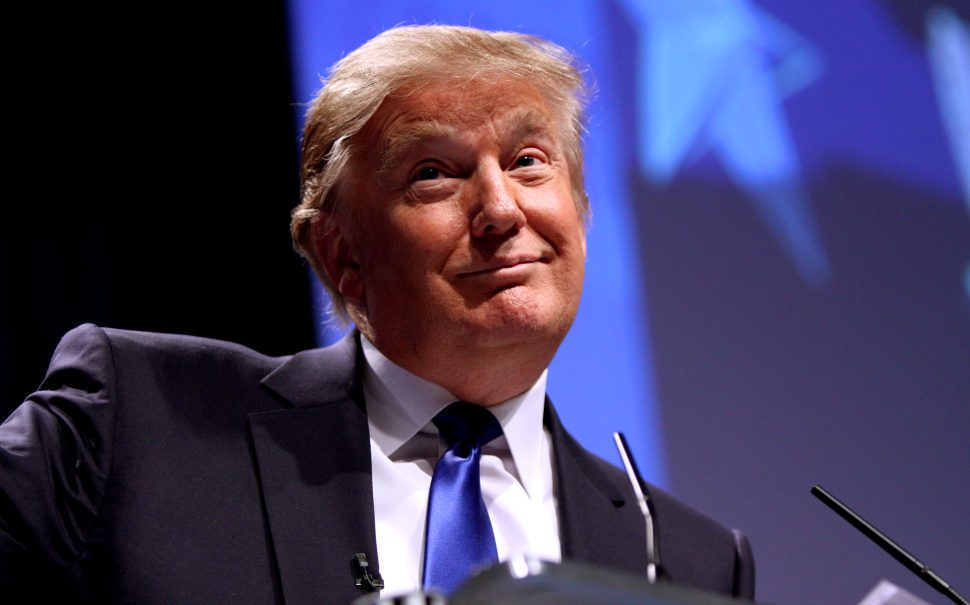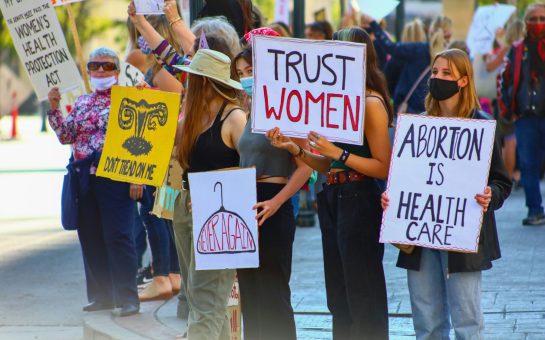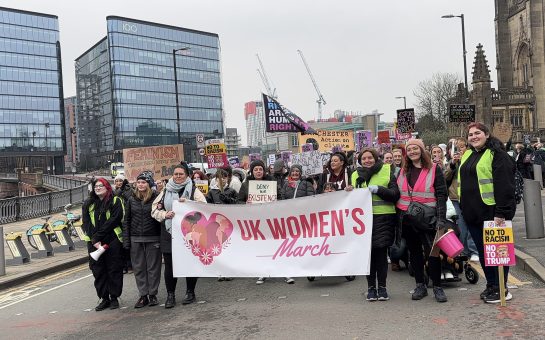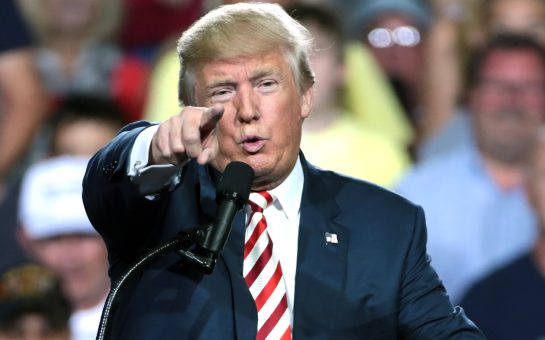Discussions surrounding reproductive rights and abortion access in the US have been high on the agenda for voters during this election campaign.
Whether pro-life or pro-choice, opinions are contentious.
In June 2022, the US Senate voted to overturn Roe vs Wade – a landmark decision introduced by the US Supreme Court in 1973. The case intended to protect the right of a person to choose to terminate a pregnancy before the foetus is viable (typically considered 21 weeks), or if completing to term risks the mother’s life.
In a survey conducted by Pew Research Centre between 8 and 14 April 2024, 57% of Republican or Republican-leaning voters felt abortion should be illegal, compared with 85% of Democrat or Democrat-leaning voters feeling abortion should be legal.
Pop culture figures including Beyoncé, Chrissy Teigen and John Legend publicly endorsed Democratic candidate Kamala Harris citing these matters as key components in their choice.
So, with the news of Donald Trump’s re-election to The White House almost four years after his riot-inducing exit, where does the President-elect stand on the divisive topic?
What has Donald Trump said?
Trump’s stance is ambiguous – since the overturning of Roe vs Wade, he has shared opinions that both support and criticise the decision.
In 2022, Trump commended his own Supreme Court appointments, which had been vital in the move to overturn, calling the choice “a great victory”.
But in the summer of 2024, Trump scrutinised Florida’s six-week termination cut-off, telling Fox News it was “a mistake” and “you need more time”.
After casting his vote in Palm Beach, Florida on Tuesday Trump was asked how he voted on the abortion-related amendment referred to as Amendment 4 in the state.
Trump quickly lost his cool with the reporter who pressed him twice on the subject, telling the reporter to “just stop talking about that”.
What is the problem?
The overturning of Roe vs Wade allowed states to impose abortion bans at their will for the first time in almost 50 years.
As a result, 13 states including Texas, South Dakota and Mississippi introduced a complete ban with no exception for rape or incest.
And eight states banned abortion with a gestational limit, including Florida and Georgia which mark six weeks as the cut-off period for termination.
But instead of ending abortions, the measures have forced many women to travel to have the procedure and placed pressure on doctors who’ve hesitated to provide life-saving care to women for fear of law-breaking and subsequent imprisonment.
In June 2024, The New York Times reported the number of women travelling out-of-state to access abortion healthcare more than doubled from 81,000 in 2020 to 171,300 in 2023.
Laws in Texas state a physician who provides abortion healthcare may face five to 99 years in prison or a $10,000 fine.
What happened at the polls?
On polling day, some states introduced amendments addressing the abortion rights issue head-on.
Ten states, including Arizona, Missouri and Montana added an abortion-related constitutional amendment to the ballot allowing voters to protect abortion rights.
So far, Arizona, Colorado, Maryland and New York have voted to pass the amendment and protect abortion rights going forward.
South Dakota has voted against protecting the right to have an abortion.
Nebraska is forecast to vote against the right to have an abortion up until foetal viability but is likely to maintain its 12-week ban.
Trump’s homeland Florida also included the abortion-related ballot amendment.
Florida has defied the amendment, thus maintaining its ruling that a post-six-week mark termination is illegal.
What next?
In an appearance that travelled around the world instantly, Beyoncé addressed an audience in Texas at one of Kamala Harris’ final rallies before election day.
The singer was met with applause as she focused on her identity as a mother and a woman.
She said: “I’m not here as a celebrity, I’m not here as a politician. I’m here as a mother.
“A mother who cares deeply about the world my children and all of our children live in, a world where we have the freedom to control our bodies, a world where we’re not divided.”
Similarly, Chrissy Teigen and John Legend joined Harris on the campaign trail where Legend spoke candidly about their experience of a late-term abortion in 2020 that saved Teigen’s life.
It’s unlikely high-profile figures like this will stop talking about this issue now.
And if Vice President-Elect JD Vance’s comments last month are anything to go by, pro-choice advocates will already be organising to protect a person’s right to choose.
While campaigning last month, Vance revealed plans to defund Planned Parenthood – a pro-choice organisation largely funded by Medicaid and federal grants.
Vance said: “We don’t think that taxpayers should fund late-term abortions.
“That has been a consistent view of the Trump campaign the first time around; it will remain a consistent view.”
Planned Parenthood took to Instagram urging voters to support the right to abortion healthcare as the polls opened, and have since celebrated those states which voted to expand abortion rights.
Feature image credit: Gage Skidmore via Wikimedia Comms.




